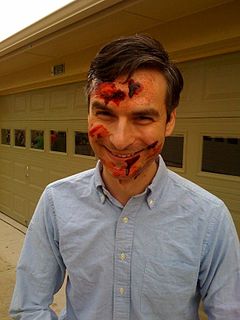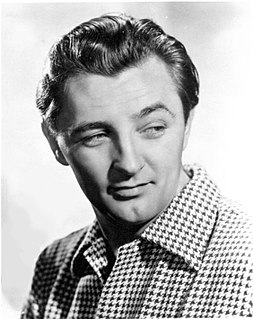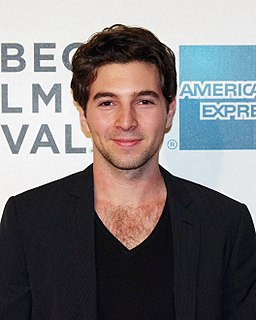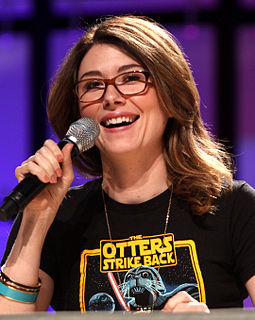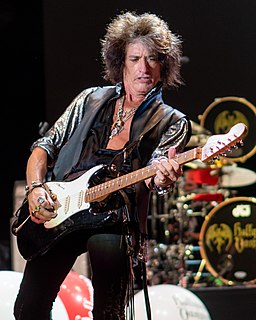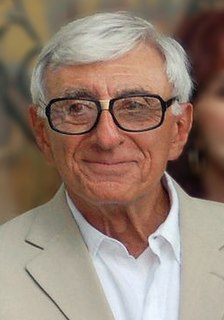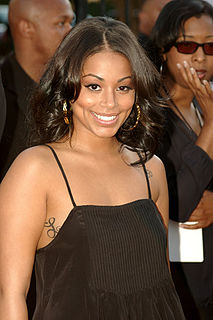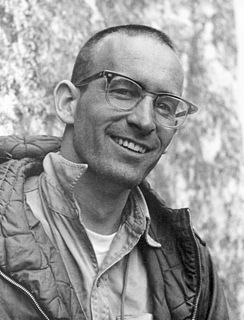A Quote by Marcel Dzama
I feel that, for each show I've been doing, there's a character that dominates. Then in the next show it plays a smaller part, and then in the next it has a sort of cameo piece. So they all have their moment.
Related Quotes
There's always a time in any series of work where you get to a certain point and your work is going steadily and each picture is better than the next, and then you sort of level off and that's when you realize that it's not that each picture is better then the next, it's that each picture up's the ante. And that every time you take one good picture, the next one has got to be better.
Have you ever had a moment where you finish a piece, and then all of a sudden the piece sort of takes on it's own life beyond you? It doesn't happen every time, but there are some pieces where that happens, and I love that. I feel like that's what I'm seeking nowadays, that moment of transcendence with a piece. Where this thing becomes larger than me as a person. It becomes otherworldly, and then I get separated as maker from it, and then it has it's own life. I love that.
I had creative control over my character, which means if they wanted me to do something that I didn't agree with, then I wouldn't do it. If it was good for the show, then I had no problem. If it was demeaning to the character and wasn't adding a positive light to the show, then I can guarantee that I wouldn't do it.
I usually experiment with posture and physical attributes that may inform the character. Next, my impression gets a nice injection of inspiration when the costumes arrive and I can see his silhouette in the mirror. Then I go memorize all the lines and try and connect each line to a thought I think he might have. Then I show up on the day, wait my turn, and when the director calls "action," I trust that I have done enough work on my impression that I can just believe it strongly enough to play with abandon from inside that character.
